Ambrato Marble
 Italy
(Canosa di Puglia, Provincia di Barletta-Andria-Trani, Regione Puglia)
Italy
(Canosa di Puglia, Provincia di Barletta-Andria-Trani, Regione Puglia)
Ambrato Marble, also known as Ambrato Marrone Marble, is a classic and timeless Italian natural stone celebrated for its earthy and warm appearance. Quarried in Canosa di Puglia, Provincia di Barletta-Andria-Trani, Regione Puglia, Italy, this marble is characterized by its rich brown earth color and intricate veining. Here's a detailed description of Ambrato Marble:
The defining feature of Ambrato Marble is its characteristic shade of brown earth color. This warm and inviting hue evokes a sense of natural beauty and tranquility, making it a versatile choice for a variety of interior and exterior design applications. The earthy brown tones create a cozy and grounded atmosphere in any space it adorns.
What sets Ambrato Marble apart are the numerous strong veins that adorn its surface, resembling golden cobwebs. These veins are a striking contrast against the brown background, creating a sense of depth and visual interest. The intricate web-like patterns add a touch of elegance and sophistication to the marble, making it a popular choice among designers and homeowners alike.
Ambrato Marble's veining patterns may vary in intensity, from delicate and subtle to bold and pronounced. This variability ensures that each slab is a unique work of natural art, making it a one-of-a-kind addition to any project.
Beyond its visual appeal, Ambrato Marble is renowned for its durability and longevity. It can withstand the test of time and is suitable for a wide range of applications, including countertops, flooring, wall cladding, and decorative accents. Its ability to merge classic elegance with natural beauty ensures that it remains a practical and aesthetically pleasing choice for various design projects.
In summary, Ambrato Marble, also known as Ambrato Marrone Marble, is a traditional Italian marble quarried in Canosa di Puglia, Italy. Its characteristic brown earth color and intricate golden veining create an elegant and timeless appearance. This marble captures the essence of Italian craftsmanship and natural beauty, making it a symbol of classic design and enduring elegance.

Can Italy's Ambrato Marble be used exterior applications in cold climates?

Can Italy's Ambrato Marble be used outdoors?

How thick is Italy's Ambrato Marble slabs?

What grade is Italy's Ambrato Marble?

Are there color variations of Italy's Ambrato Marble?

Is Italy's Ambrato Marble an expensive stone?

Can Italy's Ambrato Marble be used in a office?

What is the coefficient of friction of Chiseled Italy's Ambrato Marble tiles?

Can Italy's Ambrato Marble be used in landscaping?
-

 Italy
Italy
 12YRDiamond members are premium members on platform, providing members with comprehensive approach to promoting their products, increasing products exposure and investment return to maximize.
12YRDiamond members are premium members on platform, providing members with comprehensive approach to promoting their products, increasing products exposure and investment return to maximize.
 Verified Supplier is for prove company authenticity,including business license,trade license and effective office space,to enhance buyers' trust to suppliers and their products, reducing communication costs.
Verified Supplier is for prove company authenticity,including business license,trade license and effective office space,to enhance buyers' trust to suppliers and their products, reducing communication costs.
Contact Supplier
-

-

-

-

-

-

-

-

-

The request includes: 1. surface finished, size 2. quantity required






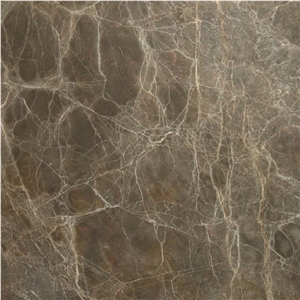
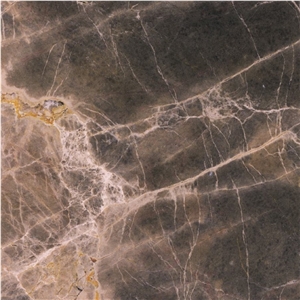
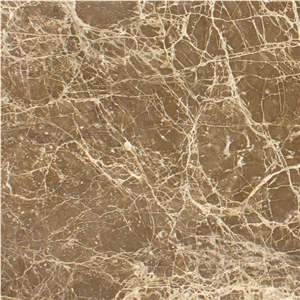
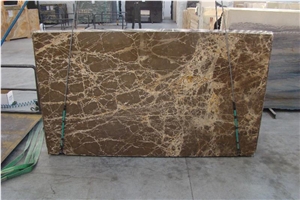
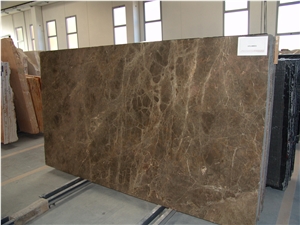
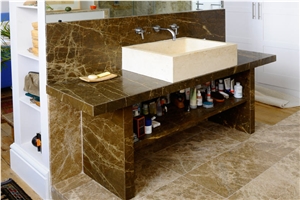
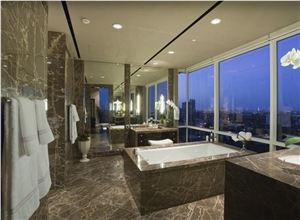
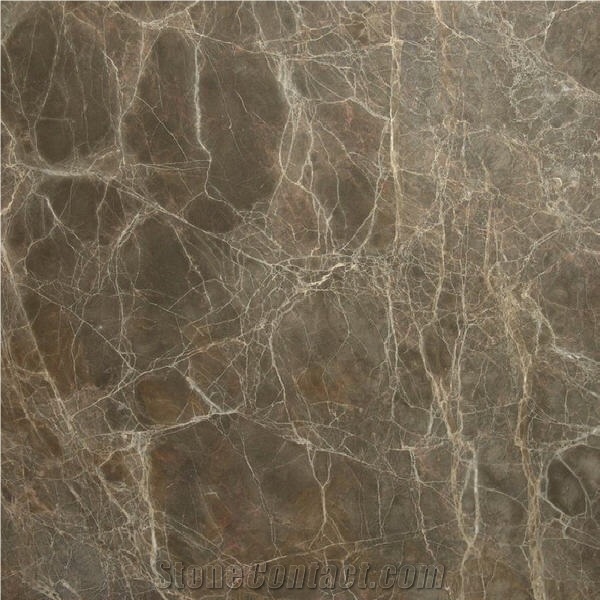
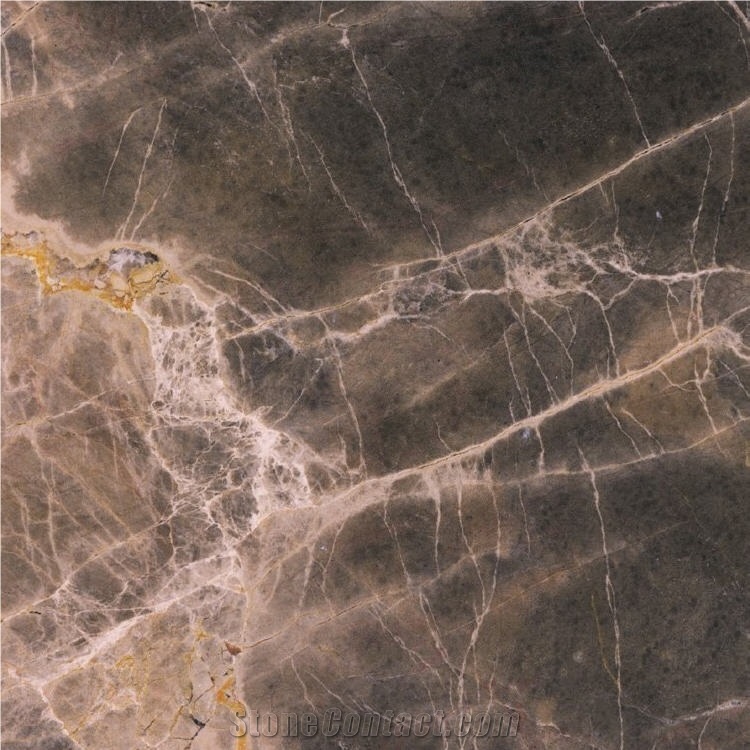
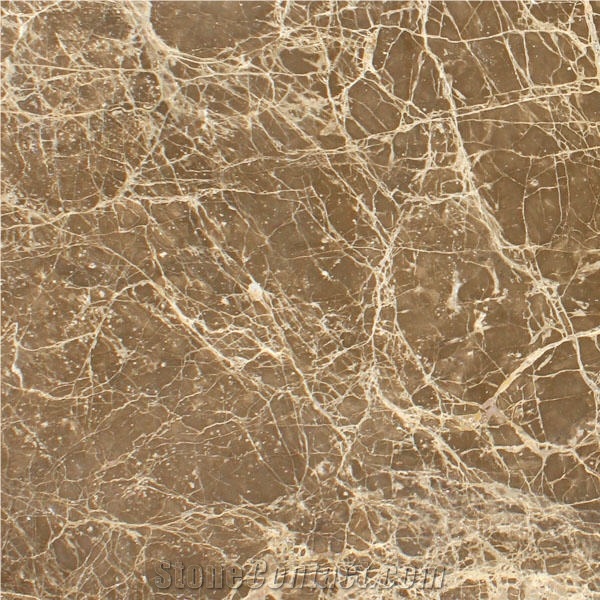
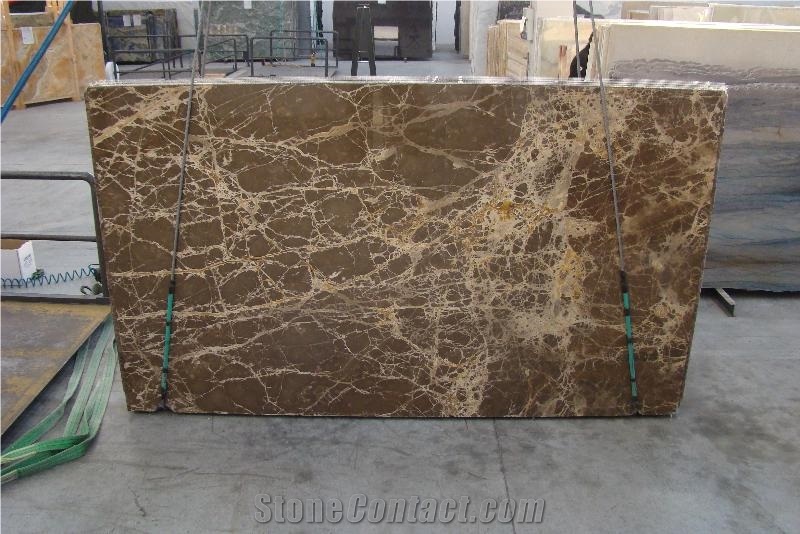
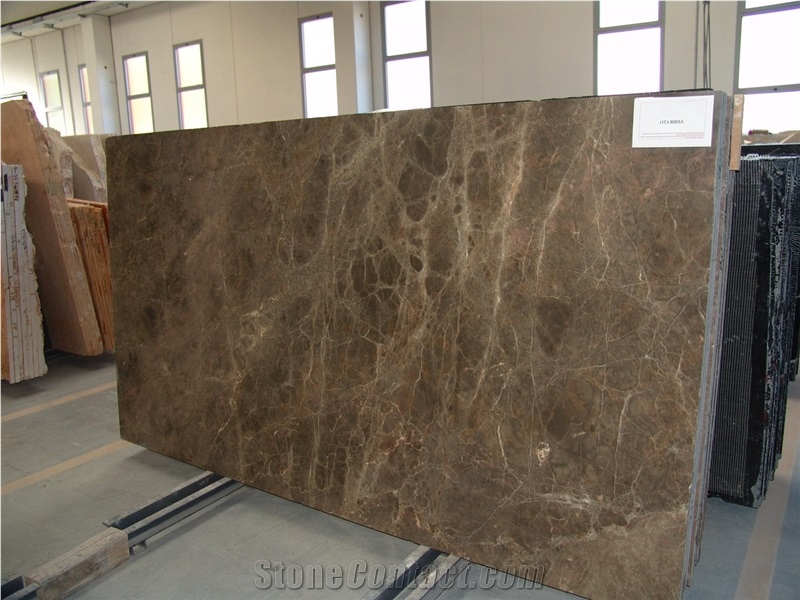
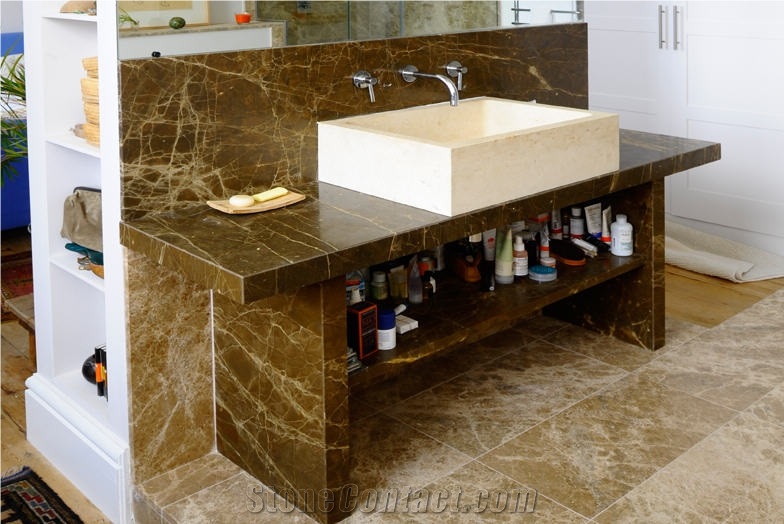
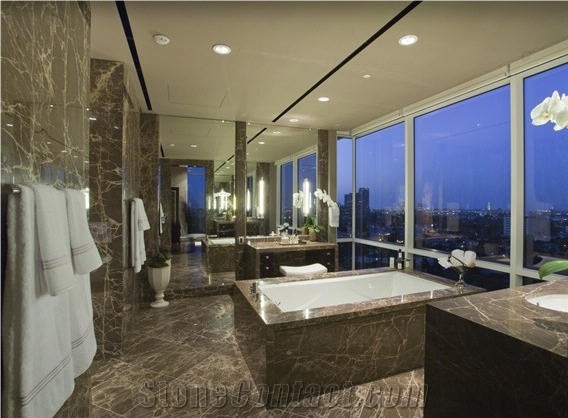
 Ireland
Ireland Slovakia
Slovakia